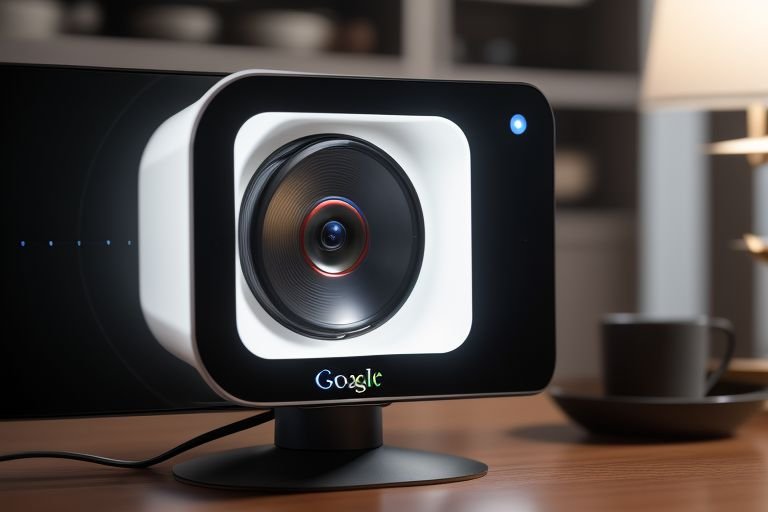Latest breakthrough in this field is Google introducing its new AI chatbot which will be able to hold two-way voice communication. It is proposed for the middle of 2024: the long-awaited new level of people’s interaction with smart machines that can be launched on October 11, 2024, offers wider opportunities for communication with artificial companions.
This new AI converse, which is developed based on Google’s previous language models, means users can now conduct natural, conversational interactions using only voice. This progress removes the barrier of typing or taping on the screens to build the interaction; therefore, it can reach the people with the visual handicaps or restricted movements.
Though, Smart personal assistants in the form of voice activated mobile personal assistants have been around since 2010’s, the latest entrant and definitely the most sophisticated one is Google Assistant. These enhancements allow context, tone, and even some embodiment of emotion in the human voice and thus facilitate better and more valuable human conversation with the AI.
The ability to have two-way dialogues with an AI is the key that unlocks all the possibilities across a number of domains. What was not available before was the ability of users to make follow-up questions, get clarifications, or expand on certain topics in their questions without having to rephrase or start their questions all over again. This feature is most useful when tackling difficult projects such as research or problem-solving and idea generation.
Even Google has recently implicitly highlighted the how the new AI assistant is intended to be a cooperative one and not one meant to replace conversation with actual people. Basic protection measures have been put in place to ensure that the technology is applied appropriately for instance; clear signals that inform the user that the current interaction with AI and mechanisms that allow verifying information provided by the assistant.
The important aspects of privacy and data protection have been taken into account for the design of this new option. Google also wants to calm people down by stating that all the interactions with an AI assistant are encrypted, and user data is kept safe as per Google’s policies. The consumer has the choice of clearing the conversation’s history or of choosing not to provide data for enhancing the AI model.
The use of the two-way voice conversation feature will be eased gradually will the initial implementation only being available to Google’s paid hosts. The step by step approach help the company obtain feedbacks about the technology, fine tune it and make sure the end users have a good experience when using it before making it more marketable.
The industry has celebrated this advancement as a major stepping stone towards the advancement of AI assistants. Dr. Emily Chen, a leading AI researcher at Stanford University, commented, “Google’s breakthrough in two-way voice conversations with AI marks a pivotal moment in human-computer interaction. It was relatively close to its vision of creating conceptual, intelligent, and responsive digital assistants.
This technology not only affects the individual level of life but also touches every other sphere of life. Many are devising ways to incorporate enhanced AI partners into customer relations, so there is a real possibility that implementing an AI assistant in industries will change the way companies deal with their customers. It is also under discussion in learning contexts as a means for more formative-based education, specifically in settings like individual learning and tutoring.
Every time a new technology is developed, it becomes a subject of concern for different people because of the effects it brings about. Scholars in ethics and policy are beginning to weigh in on the consequences and, to a certain extent, what those consequences mean, specifically with regard to privacy, the employment of people, and the shifting of the responsibility of decision-making to machines.
Google has said that research and development are continuous in response to such issues and that the company is keen to make its usage ethical. The firm aims to involve professionals employed in different sectors to understand all the possible uses of AI assistants and the dangers they possess.
Therefore, it is apparent that Google’s latest invention in AI voice conversation analysis is one of the best inventions that will open the door to making more intelligent smart companions. This technology is expected to further evolve and extended in the next couple of months and years in a way that might alter our every day communication with devices and information.


